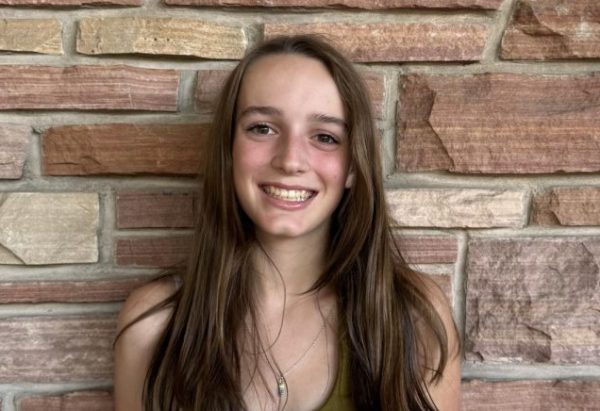How does it feel to have lawmakers make decisions about your life, but prioritize the opinions of others simply due to your age? This is the sad truth for many American citizens who lie below the national voting age of 18.
In our current political landscape, campaign strategy is huge. Candidates in elections at every scale create their platforms to optimize their chances of being elected. While this makes sense and was likely the intention of the founding fathers to represent all voters, this system leaves out a clear demographic. Kids and teenagers under 18.
Because they are too young to vote and contribute to a candidate’s bid for office, the 73 million youth in America are not only unable to vote but they are also often neglected by candidates since their voices aren’t reflected in the polls.
While there are still opportunities for youth to be involved with the government such as joining advisory boards, volunteering for campaigns, or even lobbying elected officials, the time and effort it takes to do these things is much greater than the swish-of-a-pen opportunity granted to adults.
That’s not to say, however, that youth are not influencing policy change at all. In the 2024 presidential election, Kamala Harris’s attempt to be relevant on social media was largely successful due to underage Americans. In addition, youth activists like Naomi Wadler and Jazz Jennings have a huge impact on the government. Mari Copeny even wrote a letter to former President Obama prompting him to survey the Flint Water Crisis and approve $100 million in relief for her community.
Still, Moving forward as a society, we need to create better systems at all levels of government so that younger neighbors and future generations have a say in their lives.


